The wind energy value chain:
Step 5: End-of-life

The wind value chain starts with design and testing before production, installation, operations, and decommissioning. Here are some issues we can help you with during the decommissioning phase.
How do you extend a wind turbine's lifespan and manage its end-of-life sustainably?
Wind turbines are designed to last at least 20 years. They may work beyond their estimated service life if properly maintained but will, at some point, need to be decommissioned and become waste or input materials for new production processes.
Extend the turbine's life
Combining the expertise of our materials, simulation and inspection staff, we can advise on how and when to extend the lifetime of an older wind installation.
We can calculate when reparations can pay off and when it makes sense to replace parts and compare the environmental impact of different solutions.
Get guidance on proper dismantling and distribution of decommissioned materials
85-90% of dismantled wind turbines can be reused in another form, including towers, foundations, generators and gearboxes. These parts consist of concrete, steel and cast iron which are easy to recycle and resell into the circular economy market.
Recycling is more complex for the composite materials in the turbine blades. Different methods exist for treating blade waste, with cement co-processing being the most widely used. We can help you ensure the wind turbine is safely dismantled and advise which parts can be reused.
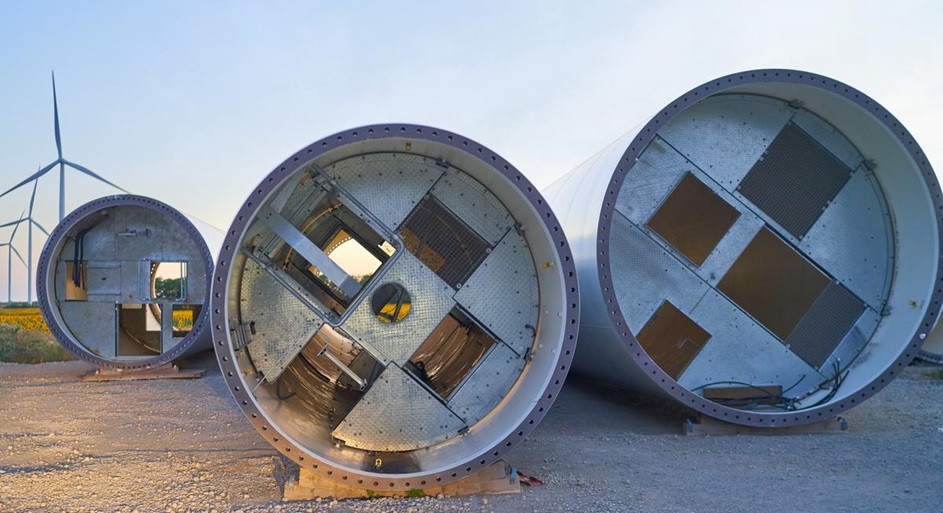
Fast, flexible, agile and ready to adapt
Our interdisciplinary team delivers ultimate quality. With more than 1,000 employees across 30 offices in 6 countries and a dedicated local partner network, we are a market leader in specialist consultancy, testing, inspection and training.
60+ years of experience
Many companies offer integrity management, experimental tests and simulations, non-destructive testing, failure analysis, calculations, design verifications or condition monitoring. What sets us apart is our ability to offer all necessary services under one roof, from testing to advanced strategic advice.
We are accredited by DANAK, the Danish Accreditation body. This means that we are continuously assessed against internationally recognised standards to demonstrate competence, impartiality and performance capability. Our accreditation ensures that your products meet all applicable regulatory standards.

Design, test and validation
How can you know if your wind structure or part can withstand the environment?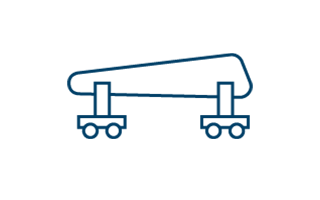
Production
How can you ensure that your products work, last, are safe and compliant?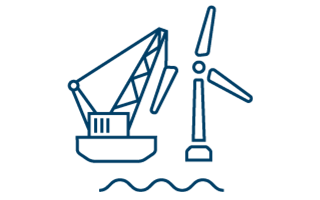
Mobilisation and installation
How can mobilisation and installation be streamlined for onshore and offshore wind farms?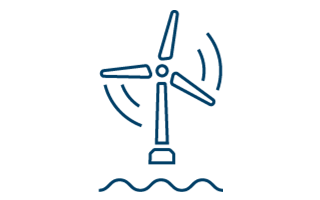
Operation and maintenance
How do you reach long-term success with maintenance and inspection strategies?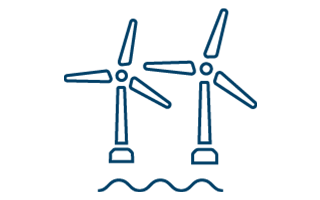
End-of-life
How do you extend a wind turbine's lifespan and manage its end-of-life sustainably?
Related services
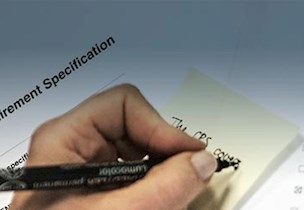
Complete product approval
/Service
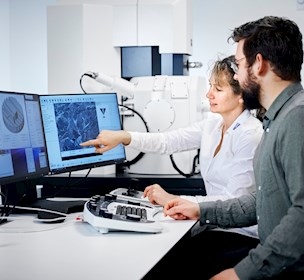
Identification of foreign bodies and contaminants
/Service
Foreign material can be a potential hazard in pharma and food production
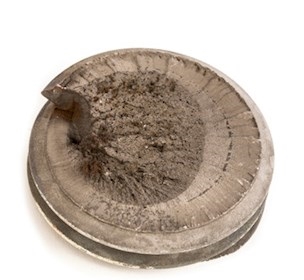
Screening metallic materials for hydrogen embrittlement
/Service
Hydrogen embrittlement can cause rapid and severe damage without warning in critical structures.

Meet an expert in datadriven maintenance
/Article
Get practical tips on improving cost-efficiency, safety, asset lifetime and quality.
Consultancy on Danish and European chemical legislation
/Service
Get assurance that you comply with the rules on the content of harmful substances in your products.
Materials
/Service category
Knowledge of the content and composition of materials helps in design, operation and troubleshooting
Corrosion testing of materials and components for CCS
/Service
Corrosion testing of materials and components for CCS.
Toughness testing
/Service
One of the most feared failures in steels is brittle fracture because it happens with no warning.
Materials examination and consultancy on constructions
/Service
Choose the right construction materials and get the right solution from the start.
Tensile testing
/Service
Accredited tensile testing of materials, metals and joining methods ensures reliable results
- Standardised tests and special procedures - materials
- Hygienic design
- Analysis of steel and other metals
- Test and analysis of plastics and composites
- Surface characterisation
- Advanced X-ray and neutron analysis
- Fracture mechanic testing
- Fatigue testing
- Testing of welds, brazings and expansion procedures
- Mechanical testing of materials
- Chemical analyses of consumer products
- Advanced surface characterisation and analysis
- Analysis and control of technical water
- Analysis of fuels and fuel residues
- Chemical analyses of food
- The Danish Assay Office
- Chemical test of personal protective equipment (PPE)
- Failure and damage investigation
- Food contact materials, compliance and own control
- Food safety and microbiology
- Chemical risk assessment
- Material examination and analysis of electronic products
- LCA – Assess environmental impact of your product
